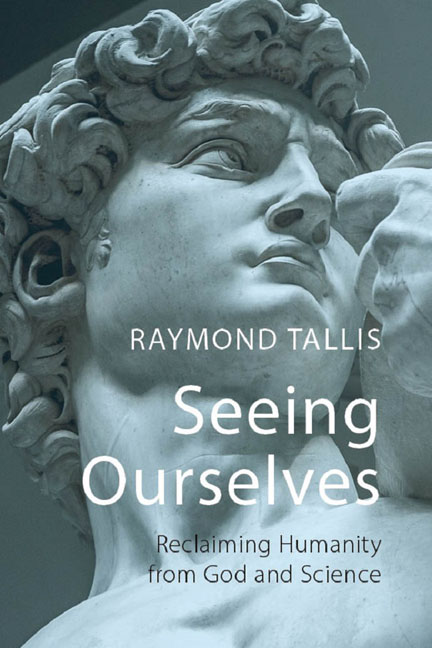Chapter 6 - The mystery of human agency
Published online by Cambridge University Press: 09 August 2023
Summary
We are now equipped to examine something that many philosophers – not to speak of myself as an anguished teenager – believe that reason obliges us to deny: human agency. I will argue that we have an important measure of freedom. At the heart of our freedom is the special relationship that we, as persons rather than organisms, have to time, a relationship manifested in our selfhood and our enduring identity. Selfhood and agency develop in parallel. We realize ourselves through our struggles as agents with the world and our selfhood underpins our agency.
A valid defence of the reality of our freedom must be a cornerstone of humanist philosophy. “Freedom” the English historian Edward Gibbon said “is the first wish of our heart, the first blessing of our nature” – notwithstanding that there are times when the way we exercise it suggests that it may also be our primordial curse. Any version of Della Mirandola’s “dignity of man” must presuppose that we are not the playthings of nature. If we have no agency, our lives are no more imbued with purpose than those of other primates; or, if that seems a little harsh on our nearest animal kin, than the lives of insects whose sole end (unknown to themselves) is to create more insects.
DETERMINISM
Opening shots
The case against our being free agents is sufficiently well-rehearsed as to require little telling. Briefly, it takes its rise from the undeniable fact that we are embodied in material organisms which, it is to be assumed, are subject to the laws of nature. Such laws are, by definition, unbreakable, admitting no exceptions. We are, it seems, frog-marched from birth to death along tramlines laid down by those laws which have their local and universal expression in the way effects inescapably follow causes. Every material event in my body has a material cause within or beyond my body operating in accordance with physical laws. Although those laws are expressed differently at different levels – at the level of atoms or whole, macroscopic organisms – they are equally unnegotiable.
- Type
- Chapter
- Information
- Seeing OurselvesReclaiming Humanity from God and Science, pp. 191 - 224Publisher: Agenda PublishingPrint publication year: 2019



